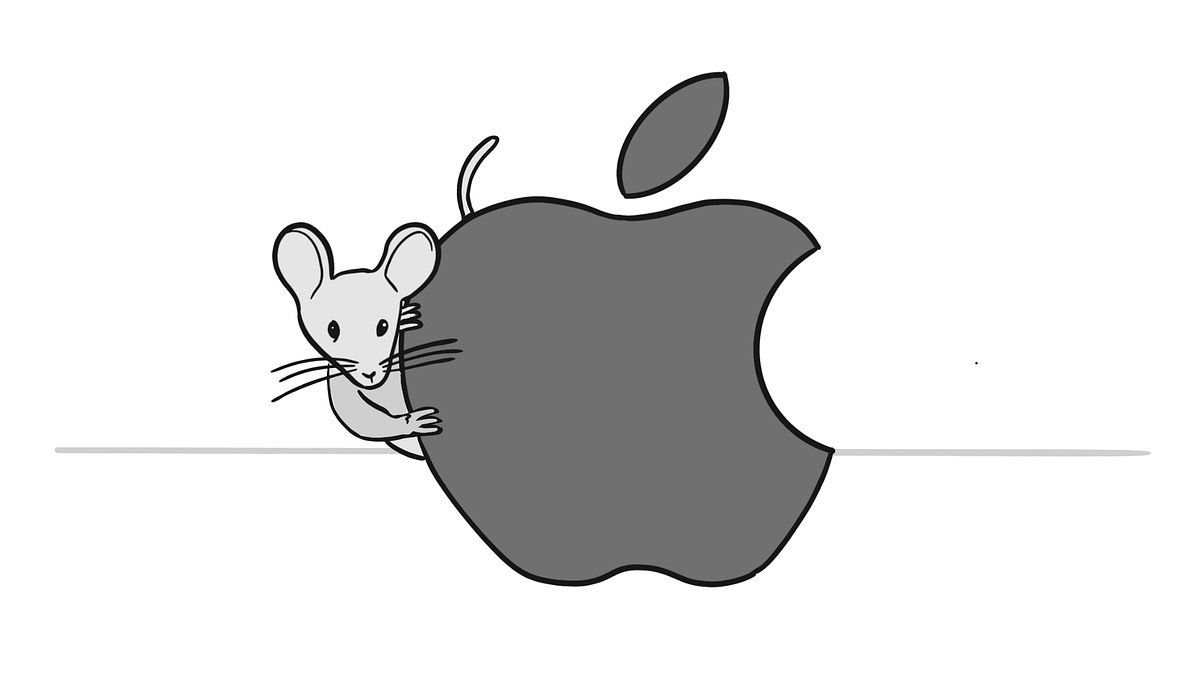Second Mouse.AI

🌈 Abstract
The article discusses the concept of disruptive innovation and how it is often not beneficial for shareholder value. It examines the success of companies that capitalized on the innovations of others, such as Microsoft, Apple, Google, and Meta, and contrasts this with the relatively low market capitalization of the original innovators. The article then focuses on Apple's strategy of "Apple Intelligence" as a rebranding of AI, which the author sees as a shrewd move that positions Apple to extract value from AI through licensing deals and integration with its ecosystem.
🙋 Q&A
[01] Disruptive Innovation and Shareholder Value
1. What is the author's view on disruptive innovation and its impact on shareholder value?
- The author argues that disruptive innovation, the kind that marks a "before" and "after" in our lives, is often terrible for shareholder value. They provide examples of companies that capitalized on the innovations of others, such as Microsoft, Apple, Google, and Meta, having a much higher combined market capitalization compared to the original innovators.
2. What is the author's perspective on the promise and reality of AI?
- The author believes that the "AI" brand has suffered a "brand equity implosion" in 2024, with the promise of AI either saving or killing us all not being fulfilled. They see the constant drama and catastrophizing around AI management as contributing to the brand's downfall.
3. How does the author view Apple's decision to rebrand AI as "Apple Intelligence"?
- The author sees Apple's move to rebrand AI as "Apple Intelligence" as the best brand move of 2024, as it encapsulates the company's strategy of taking something invented elsewhere, making it more consumer-friendly, and profiting from it.
[02] Apple's Approach to Innovation
1. What is the author's perspective on Apple's approach to innovation?
- The author argues that Apple is a distinctly inventive company, with a large R&D budget that generates many patents, but it mainly focuses on improving existing technologies rather than being the first to invent them. They let others "traverse the Sierra Nevadas first" before refining and making the technology more consumer-friendly.
2. How does the author view Apple's approach to AI compared to its competitors?
- The author believes that while the media has portrayed Apple as being "behind" on AI, the company is content to let its competitors invest in and develop the technology, while it focuses on integrating AI into its ecosystem in a more consumer-friendly and reliable way.
3. What are the advantages of Apple's "second mouse" strategy, according to the author?
- The author argues that when Apple fails, the exit wounds are "clean and heal quickly," unlike the billions of dollars Meta has burned on its VR "hallucination." They also suggest that Apple's vertical integration and ability to ensure the necessary hardware for its AI features gives it an advantage over the fragmentation of the Android ecosystem.
[03] Apple Intelligence and the Future of AI
1. How does the author view the integration of ChatGPT into Apple Intelligence?
- The author believes that the integration of ChatGPT into Apple Intelligence positions the company to extract value from AI through licensing deals and integration with its ecosystem, allowing it to "put ball gags on both MSFT/OpenAI and Alphabet and molest them" by forcing them to pay billions for direct access to Apple's users.
2. What is the author's perspective on the importance of "Contextual AI" compared to "Generative AI"?
- The author argues that "Contextual AI," which knows about the user and their context, is more powerful than "Generative AI." They provide the example of the "Memories" feature on their iPhone as a powerful AI feature that generates a more meaningful and emotional experience than what could be achieved through parameters in a language model.
3. How does the author see the future of AI playing out, and where does Apple fit in?
- The author believes that the next year will see the emergence of real winners and losers in AI, and that Apple is in a strong position due to its "second mouse" strategy and vertical integration, which allows it to ensure the necessary hardware for its AI features and maintain an advantage over the fragmentation of the Android ecosystem.